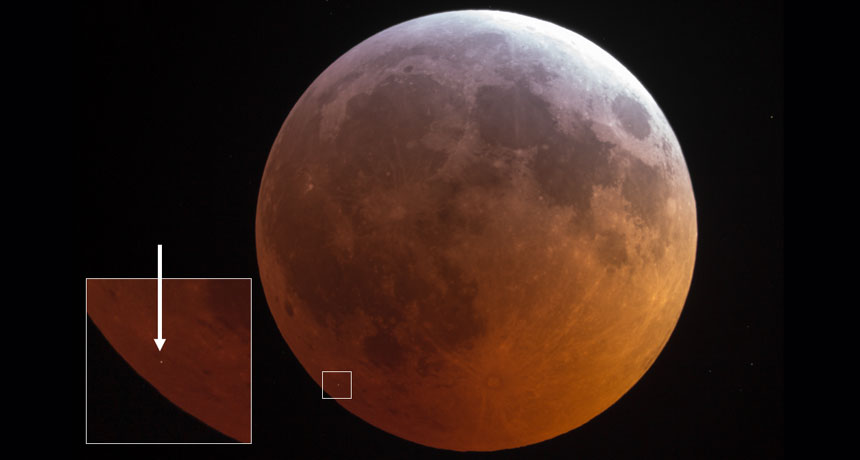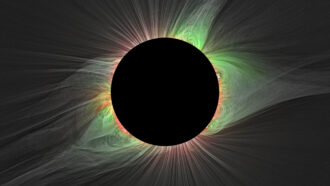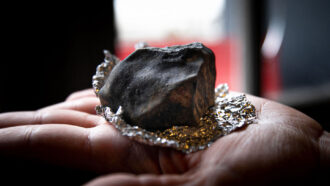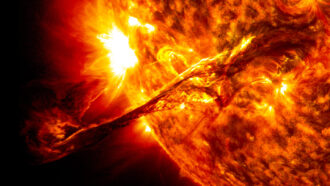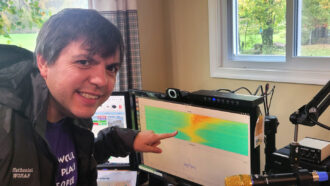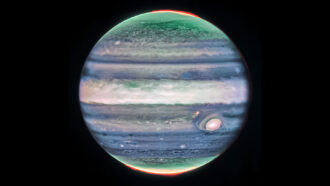amateur One who engages in a pursuit as a pastime, not as a profession.
arXiv A website that posts research papers — often before they are formally published — in the fields of physics, mathematics, computer science, quantitative biology, quantitative finance and statistics. Anyone can read a posted paper at no charge.
astronomy The area of science that deals with celestial objects, space and the physical universe. People who work in this field are called astronomers.
average (in science) A term for the arithmetic mean, which is the sum of a group of numbers that is then divided by the size of the group.
Caribbean The name of a sea that runs from the Atlantic Ocean in the East to Mexico and Central American nations in the West, and from the southern coasts of Cuba, the Dominican Republic and Puerto Rico down to the northern coasts of Venezuela and Brazil. The term is also used to refer to the culture of nations that border on or are islands in the sea.
colleague Someone who works with another; a co-worker or team member.
crater A large, bowl-shaped cavity in the ground or on the surface of a planet or the moon. They are typically caused by an explosion or the impact of a meteorite or other celestial body. Such an impact is sometimes referred to as a cratering event.
current A fluid — such as of water or air — that moves in a recognizable direction. (in electricity) The flow of electricity or the amount of charge moving through some material over a particular period of time.
eclipse This occurs when two celestial bodies line up in space so that one totally or partially obscures the other. In a solar eclipse, the sun, moon and Earth line up in that order. The moon casts its shadow on the Earth. From Earth, it looks like the moon is blocking out the sun. In a lunar eclipse, the three bodies line up in a different order — sun, Earth, moon — and the Earth casts its shadow on the moon, turning the moon a deep red.
gauge A device to measure the size or volume of something. For instance, tide gauges track the ever-changing height of coastal water levels throughout the day. Or any system or event that can be used to estimate the size or magnitude of something else. (v. to gauge) The act of measuring or estimating the size of something.
lunar Of or relating to Earth’s moon.
mass A number that shows how much an object resists speeding up and slowing down — basically a measure of how much matter that object is made from.
meteorite A lump of rock or metal from space that passes through Earth’s atmosphere and collides with the ground.
moon The natural satellite of any planet.
observatory (in astronomy) The building or structure (such as a satellite) that houses one or more telescopes.
orbiter A spacecraft designed to go into orbit, especially one not intended to land.
Twitter An online social network that allows users to post messages containing no more than 280 characters (until November 2017, the limit had been just 140 characters).
